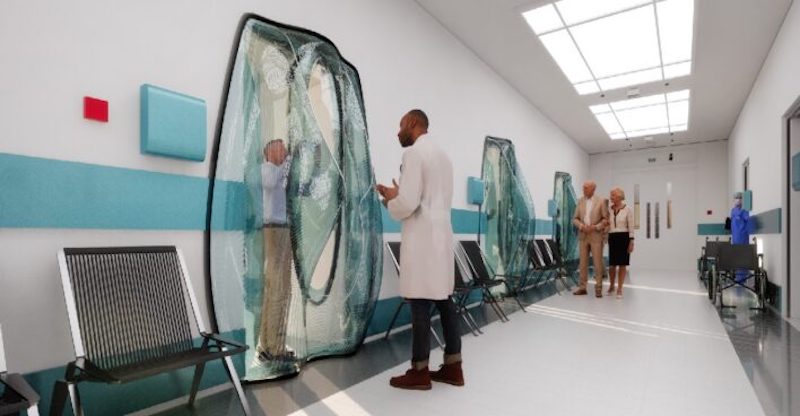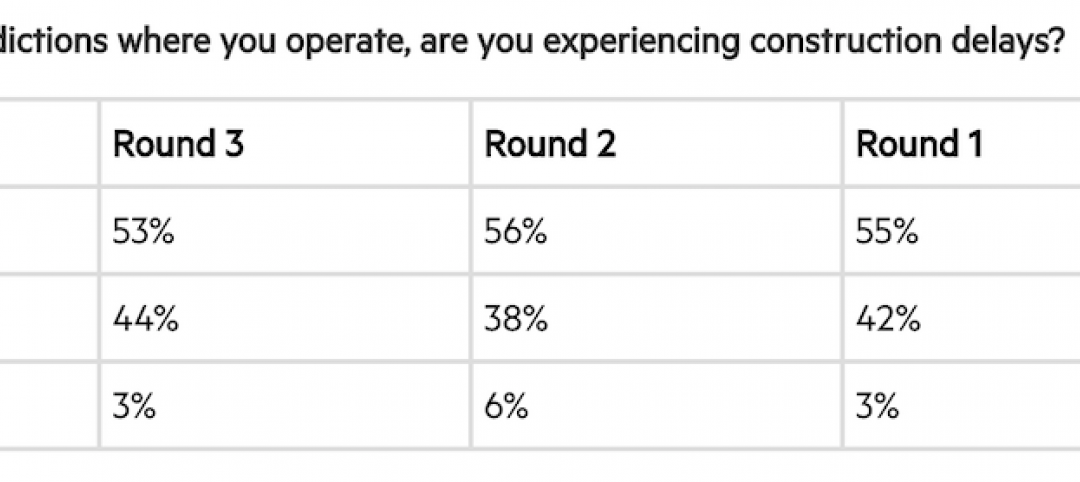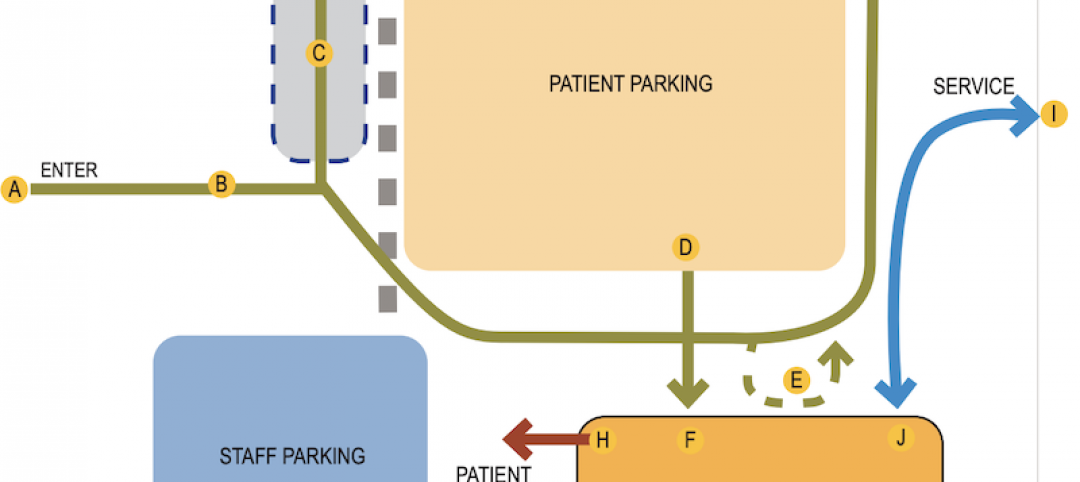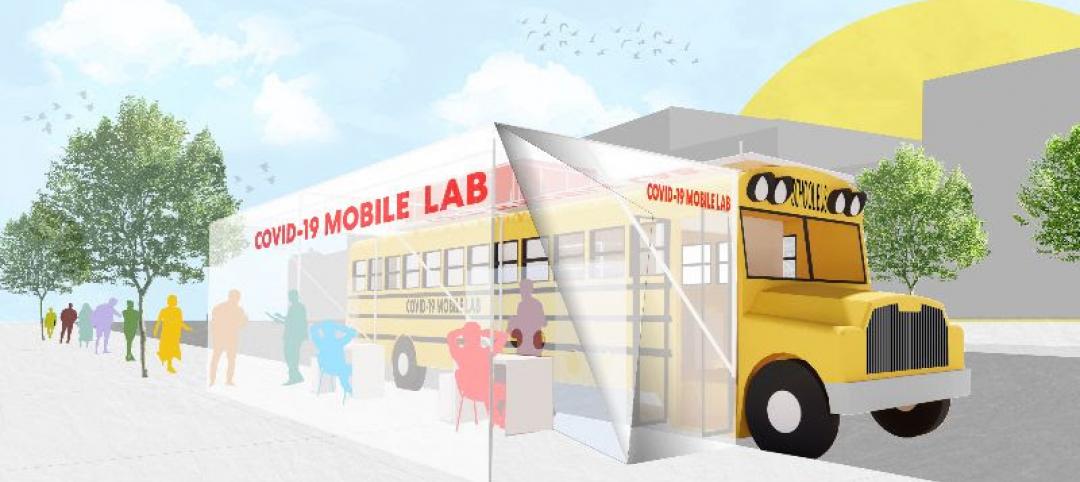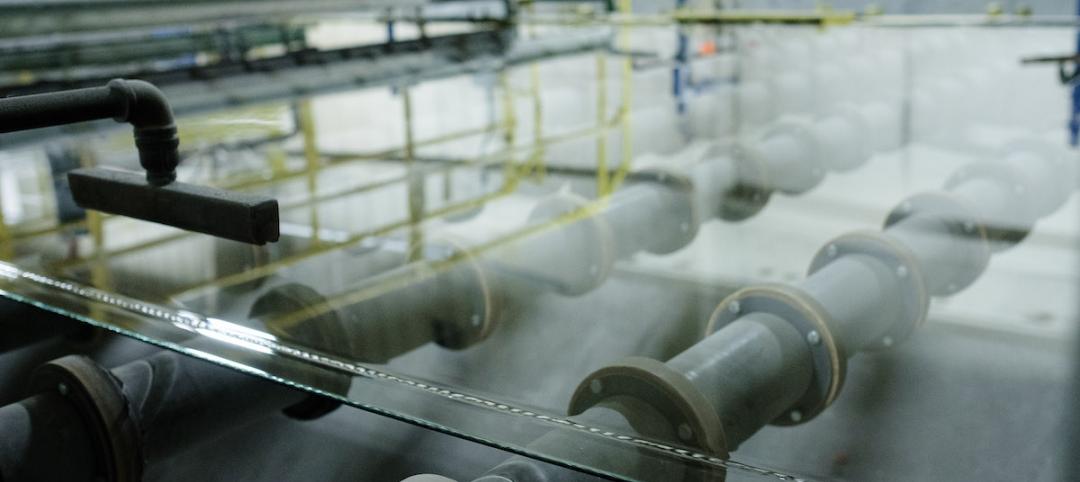“What’s a bubble boy?”
“He lives in a bubble!”
“…boy.”
Coronavirus has made Seinfeld bubble boys and girls out of many of us. But in an effort to make the transition to isolation easier, without the need to sacrifice human interaction, WATG has created Oriel, a new option that allows any room to become a self-isolation zone while maintaining a social component.
“Adhering to safe isolation typically means removing an individual entirely from socialization and communication with the outside world. Complete isolation can spark greater detriment to our health and overall well-being, but Oriel strikes a balance between keeping a safe distance while maintaining human connectivity,” said Daniel Caven, Global Technology Design Lead at WATG.
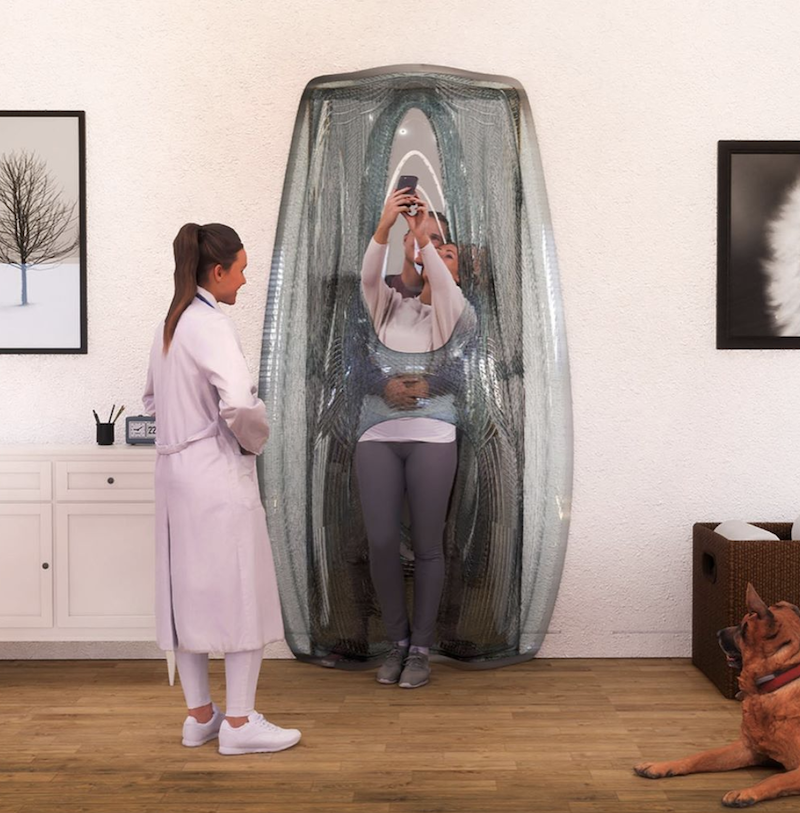
Inspired by oriel bay windows, the translucent and acoustically friendly barrier can be installed onto any doorway. Oriel is an extension of the clear glass doors or windows already found in many healthcare isolation rooms, allowing for privacy and maintaining droplet isolation, but improving interactions with people outside the room. Plastic sleeves built into the design allow for “contact” without people outside the room.
Model heights range from low, medium, and tall, and offer sleeves from low partial, low full, medium partial, and medium full. The sizes are suitable for children, teenagers, adults, and the elderly. Wheelchair accessible scenarios are also available.
Suitable for COVID-19, Oriel can also be used for patients with other communicable diseases or the immunosuppressed, and can be applied across home, apartment buildings, hospice care facilities, and healthcare facilities.
Related Stories
Coronavirus | May 27, 2020
Clean is the new Green as U.S. hospitality sector inches closer to reopening
Three design firms share their takes on what will make customers more comfortable about returning.
Coronavirus | May 26, 2020
Multifamily developers report mounting delays in permitting and starts due to coronavirus pandemic
More than half (53%) of multifamily developer respondents reported construction delays in the jurisdictions where they operate, according to the third edition of the National Multifamily Housing Council (NMHC) COVID-19 Construction Survey.
Coronavirus | May 26, 2020
9 tips for mastering virtual public meetings during the COVID-19 pandemic
Mike Aziz, AIA, presents 9 tips for mastering virtual public meetings during the COVID-19 pandemic.
Coronavirus | May 22, 2020
Designing a health facility for the next pandemic
Planning with intent is the key to readiness, states Eppstein Uhen Architects, the guide’s author.
Coronavirus | May 22, 2020
COVID-19: Healthcare designers look to the future of medical facilities in light of coronavirus pandemic
The American College of Healthcare Architects (ACHA) has released the key findings of a survey of its members revealing their insights on the future of healthcare architecture and the role of design in the context of the COVID-19 healthcare crisis.
Coronavirus | May 18, 2020
Will empty hotels provide an answer for affordable housing shortage?
A Los Angeles-based startup sees the Midwest as most fertile for adaptive reuse.
Coronavirus | May 18, 2020
Infection control in office buildings: Preparing for re-occupancy amid the coronavirus
Making workplaces safer will require behavioral resolve nudged by design.
Coronavirus | May 18, 2020
Global design firms collaborate on new COVID-19 mobile testing lab to bring testing to vulnerable communities worldwide
Perkins and Will, Schmidt Hammer Lassen Architects, and Arup Group develop scalable solutions for increased testing capacity within high-density and under-served neighborhoods.
Coronavirus | May 11, 2020
Experts offer a 13-point plan to reduce coronavirus deaths in nursing homes
Two nationally recognized experts in the design of senior living facilities offer a 13-point plan to protect our frailest citizens.
Glass and Glazing | May 8, 2020
Vitro Architectural Glass releases guide on decontaminating glass surfaces
The five-page technical document offers methods for cleaning and sanitizing glass surfaces.


